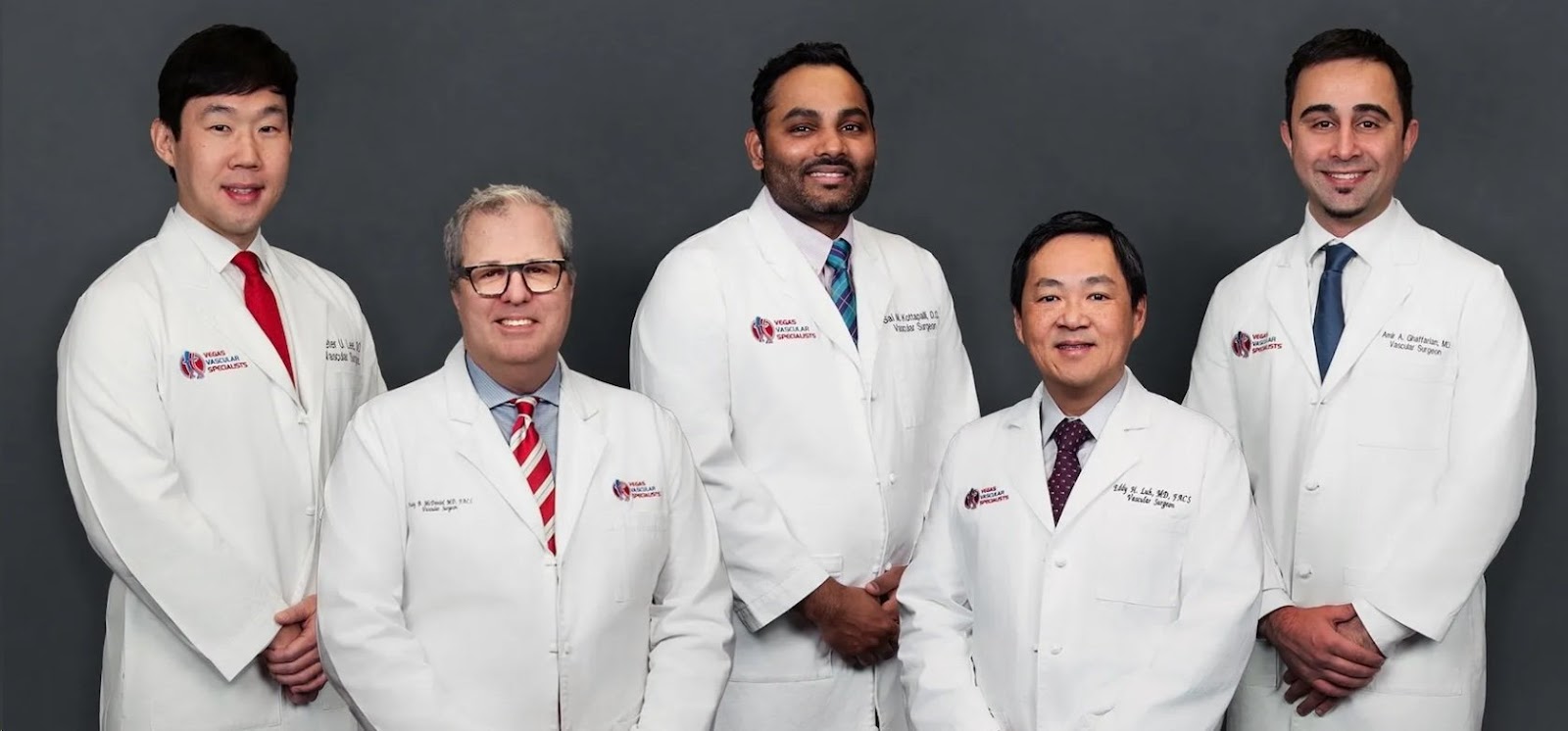Varicose veins are more than just a cosmetic concern—they can be a sign of underlying venous disease that affects circulation and overall vascular health. If you have bulging, twisted veins in your legs, you might wonder when it’s time to seek medical attention. A vascular doctor specializes in diagnosing and treating conditions that affect the veins and arteries, making them the best resource for determining whether your varicose veins need treatment. In this blog, we’ll explore when you should see a specialist, what causes varicose veins, and the advanced treatment options available to restore your vein health.
When Do Varicose Veins Need Medical Attention?
Not all varicose veins require treatment, but there are certain signs that indicate it’s time to see a vascular specialist:
Persistent Leg Pain or Heaviness
Varicose veins often cause aching, throbbing, or a heavy sensation in the legs. If your legs feel fatigued or uncomfortable, especially after standing for long periods, it may indicate poor circulation due to venous insufficiency.
Swelling in the Lower Legs and Ankles
Fluid buildup from dysfunctional veins can cause swelling, particularly around the ankles. If you notice your legs are swollen at the end of the day or after extended periods of standing or sitting, this could be a sign that your veins are struggling to return blood to the heart.
Skin Discoloration or Changes
As varicose veins worsen, they can cause skin changes such as redness, darkening, or even ulcer formation. These symptoms indicate chronic venous insufficiency, a condition that can lead to serious complications if left untreated.
Itchy or Burning Sensation Around the Veins
Some people experience itching, tingling, or burning sensations in the skin around their varicose veins. This can be an early warning sign of venous eczema or inflammation, which can worsen over time.
Bleeding or Open Wounds (Venous Ulcers)
Varicose veins that remain untreated for too long can cause venous ulcers—slow-healing wounds that develop near the ankles. These ulcers require medical attention from a vascular specialist to prevent infections and long-term complications.
Blood Clots or Hardening of the Veins
If you notice a tender, firm vein with redness and warmth around it, this could indicate a condition called superficial thrombophlebitis, which is a type of blood clot near the surface of the skin. In some cases, deep vein thrombosis (DVT) can also develop, posing a serious risk of pulmonary embolism.
If you experience any of the above symptoms, don’t wait—schedule a consultation with a vascular doctor to discuss your options.
How a Vascular Doctor Can Treat Varicose Veins
Fortunately, modern treatments for varicose veins are minimally invasive and highly effective. If you’re searching for a trusted vein clinic of Las Vegas, here are some advanced treatment options a vascular doctor may recommend:
Sclerotherapy
This treatment involves injecting a special solution into the affected vein, causing it to collapse and be naturally reabsorbed by the body. Sclerotherapy is commonly used for smaller varicose and spider veins.
Endovenous Laser Ablation (EVLA)
EVLA uses laser energy to close off diseased veins, redirecting blood flow to healthier veins. This procedure is performed under local anesthesia and offers a quick recovery.
Radiofrequency Ablation (RFA)
Similar to EVLA, RFA uses heat generated by radiofrequency energy to seal off problematic veins. It’s a safe and effective option for larger varicose veins.
Microphlebectomy
For larger, bulging veins close to the skin’s surface, a vascular doctor may recommend microphlebectomy, a procedure where small incisions are made to remove the damaged veins.
Compression Therapy
In some cases, compression stockings are prescribed to help improve circulation and prevent symptoms from worsening. This is often used in conjunction with other treatments.
Finding the Right Specialist for Varicose Vein Treatment
If you’ve been searching for “vascular specialists near me”, choosing a doctor with expertise in both minimally invasive and surgical vein treatments is important. Look for a vascular doctor who offers personalized care and state-of-the-art treatment options to ensure the best results.
